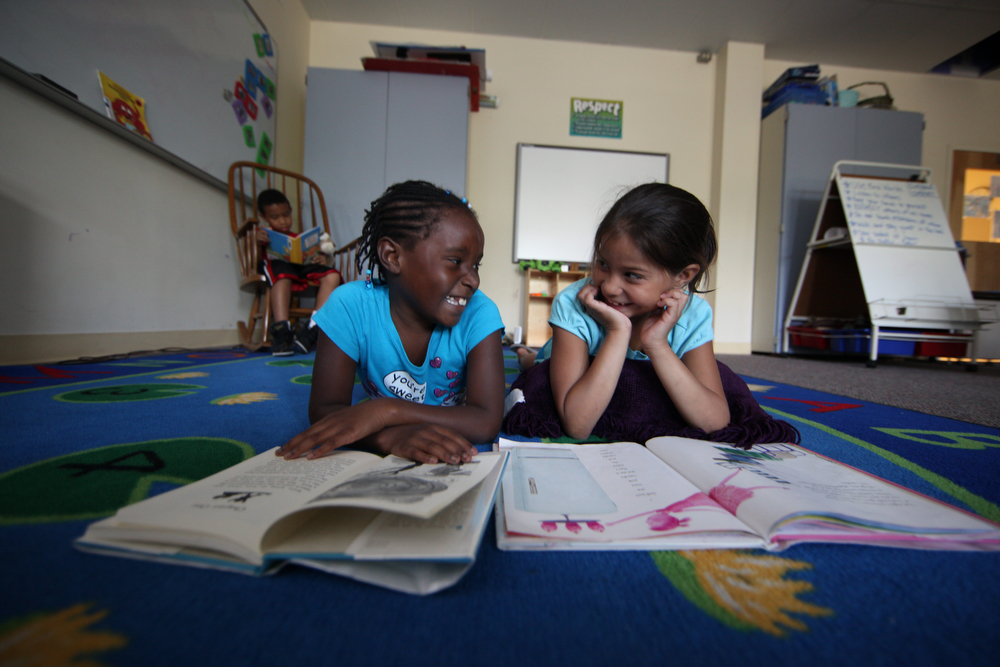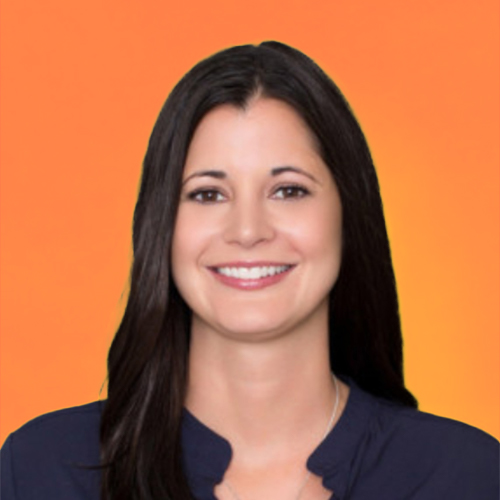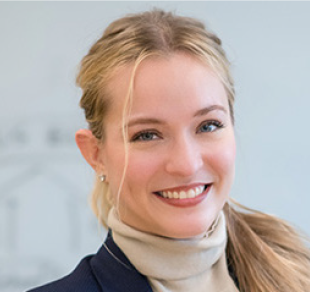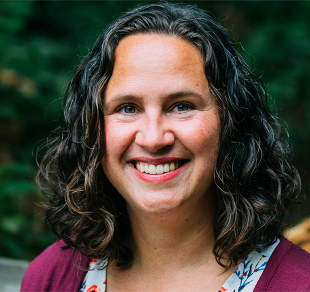
12:30 - 02:00 pm
The Critical Role of Professional Development in Creating High-Quality Early Learning Environments

“That drum beat is around quality, which we keep talking about in this conversation. I think that’s an important role for funders to play as more money and new policies start to emerge. We can play a role in ensuring that practices are reflective of the science of learning and development.” – Lis Stevens, Bezos Family Foundation
Through panel conversations with three philanthropic leaders and three providers, this Funder-to-Funder Conversation explores the role that research-based professional development plays in promoting positive learning environments to support children’s kindergarten readiness.
Dana Cilono of Kenneth Rainin Foundation, Stephanie Sharp of Overdeck Family Foundation and Lis Stevens of Bezos Family Foundation open the session by discussing the focus of their respective foundations on early learning, with Cilono and Sharp both sharing that kindergarten readiness is a “north star” for their foundations. They note the misalignment between what science tells us about how children learn and much of the policy, practice and investments in the early years. They call on funders and other stakeholders to focus on ensuring quality as the early learning system is rebuilt in the wake of program closures and staff shortages caused by the pandemic. Implementation of evidence-based professional development programs that foster positive learning environments is one important way to ensure quality. By boosting educator confidence and effectiveness, professional development can advance retention efforts. They stress the need for increased compensation as well, with Stevens noting that innovative financing models in New Mexico and Vermont are helping to boost early educator compensation.
Afterwards a panel of providers introduce their professional development models:
- Emily Grunt describes how the FluentSeeds professional development model balances education and the science of how children learn with sensitivity, encouragement, development through doing and self-image. It has been externally evaluated and proven to be effective in achieving learning outcomes for children across subgroups.
- Kai-ama Hamer introduces ParentCorps, explaining how it transforms the pre-K experience by helping schools partner with families with components tailored to serve parents, students and educators. Evaluations have shown it to have long-term positive outcomes on children’s mental health and academic achievement.
- Deborah Leong, Ph.D., describes how Tools of the Mind is rooted in the science and includes both a comprehensive curriculum for pre-K and kindergarten and a professional development model that develops self-regulated learners with an emphasis on executive functions that support both cognitive, social-emotional and academic skills.
“We’re really just scratching the surface,” Sharp noted as she called for other funders to invest in professional development for early learning educators. “All three of these providers are scaling. They’re growing and that’s great. But, we are still nowhere near meeting the need.”


 All Events
All Events





